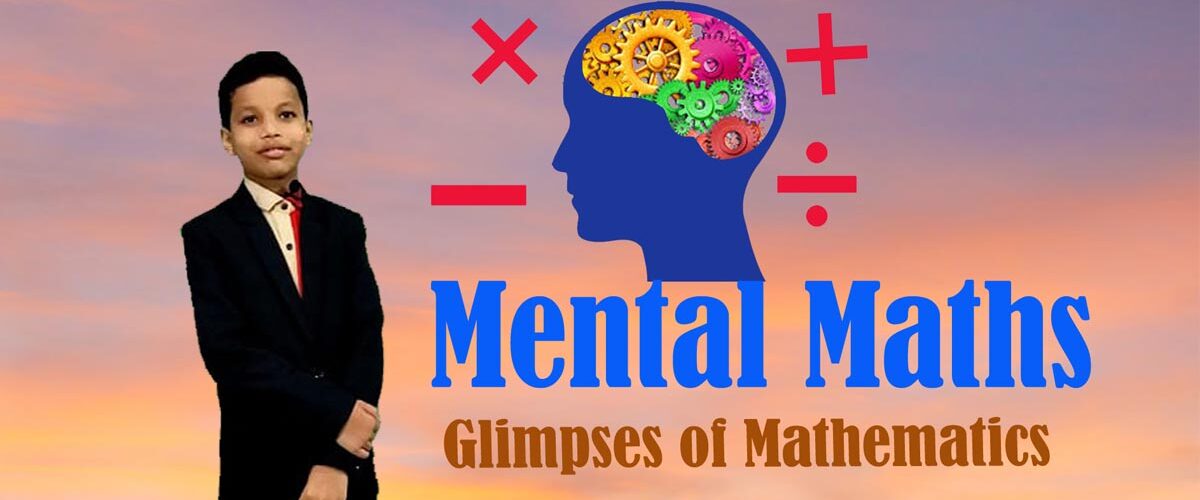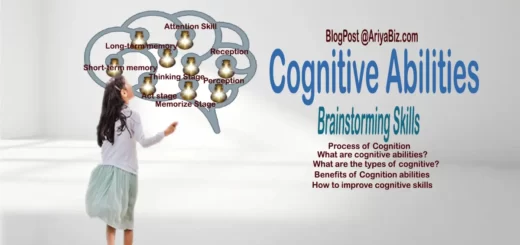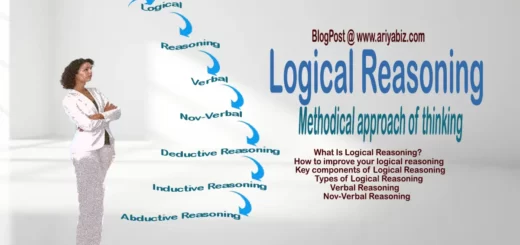Mental Maths: Glimpses of Mathematics for 2024

Welcome respected readers! In the blog post we are going to discuss the ‘Mental Maths: Glimpses of Mathematics for 2024.’.Friends, mathematics are everywhere otherwise our world wouldn’t be as modernized as today without mathematics. Mental Maths encourages logical reasoning, critical thinking, creative thinking, abstract or spatial thinking, problem-solving ability, and even effective communication skills. For the most important part, the main branches of mathematics are algebra, number theory, geometry and arithmetic. Based on these branches, other branches have been discovered till date. Now this is the time to warming up your head with mental maths. What is Mental Maths? Mathematics are done “in their head” without the use of calculators or other resources. Mental maths is number sense skills are useful in daily life.
What is Mental Maths Method
Don’t Imagine, learning mental maths not only just as one skill but also with these skills children would be able to tackle various situations at home or even outside the four walls. Mental Maths In addition, the most significant contribution of mathematics by humankind in our modern world that is all the modern technologies that the engineers invented were thankful to the beautiful aspects of maths. Science says, Human Brain Doesn’t Slow Down Until old age. If you have ever considered how much of your brain water is, then the answer to it is 80%. Especially, mental maths initiates the use of brain capabilities.
Simply, fact is that mastery needs to correct response in 3 seconds or less. And mental maths initiate the student committed the facts to memory. The brain muscles get stronger and more efficient with use of mental maths. Mental math not only improves a person’s number sense but also the ability to understand the relationships between quantities. As a result of, today technology has replaced paper-and-pencil as the major tool for complex computations; people still need to have well developed mental strategies to be alert for the answers generated by technology. For this reason, this is important to improve this Mental Computing good mental maths skill in learning age stage that is primary school.
In short, in learning stage child has grasped what numbers represent, can spot patterns, and has developed excellent fluency and recall. Using and doing mental math problems regularly helps a child improve his or her sense of numbers. Likewise, it helps students solve higher-level problems at a better speed. It stimulates the brain and makes it sharper. Also, it makes a student good with imagination, visualization, and creativity. It boosts the self-confidence and self-esteem of a student. This is like an exercise for the brain which keeps the brain healthy. Practicing mental maths tends to stimulate the brain and boost the learning capabilities. Therefore, increases the observation skills and helps to build relationship between numbers. Mental Maths skills are useful in solving question without use of pen, Pencil and paper.
There are many tricks used to solve questions of maths like
- Addition
- Subtraction
- Multiplication
- Division
- Fractions and Decimals
- Decimals and Percent
- Geometry
- Probability
- Integers
- Data Management
- Patterns
- Linear Equations and Relations
Make things fun of mental computation in natural situations at home and out in the community. Use Mnemonic devices memorize the tricks of Mental Maths. Read maths books. Vedic maths Similarly, Abacus is useful in developing mental maths ability. In short, use of math apps to improve mental math techniques. Playing online Mental Maths Games are a great way to improve skills. There are also a set of maths challenge cards available online.
There are so many great strategies for improving mental math abilities of various number senses in various mathematical operations. In summary, some of these we are going to discuss in this Blog.
Mental Maths Tricks
- Addition
Suppose we have the following question
712 + 281
712 + 281 → “700 + 200,” “10 + 80,” and “2 + 1”
700 + 200 = 900, then 10 + 80 = 90, then 2 + 1 = 3
900 + 90 + 3 = 993.
- Subtraction
Strategy: Subtract in two parts
For example
53-8
=53-3-5 (Subtract 8 in two parts: first 3, then 5)
=50-5
=45
Strategy: Use known subtraction facts
Example
14-9=5
24-9=5
44-9=5
Strategy: Subtract in parts: tens and ones
For example
75-21
=75-20-1 (First subtract 20, then 1)
=55-1
=54
Strategy: Add up to find the difference.
For example
84−37 =?
37+3=40
40+40=80
80+4=84
Note: Add 3, 40, and 4 or a total of 47
84−37=47
Strategy: Subtract an easy number that is close, and then correct the answer.
For example 74−39 =?
Think hundreds, tens, and ones places value nearer to 39
First subtract 74 − 40 = 34
Find out the closer number of 39 that is 40 which is easier to subtract from 74.
Add 1 to the answer that is
34+1 = 35.
The “9-trick”
385 + 999?
- Multiplication
Multiplying in parts
For example 3 × 74
We can break it into parts like
3 × 70 and 3 × 4
And then add the results
We will get 210 + 12 = 222
Multiplication By 5
Formula is 5×10 divide by 2
5 times of any number
For example, 5 × 58
can be found by multiplying 1
0 × 58 = 580
Squaring Numbers Ending in 5
For example 85 x 85
for this formula is n x (n+1)
Hence,
85 x 85 =
(8 x 9)(5×5)
& the result is 7225.
Multiplication by 11
81×11
Add 8+1=9
891
But in this equation 87 x 11
Add 8+7=15
8157
8+1=9
957
Multiplying by 101
This quick and simple trick
28 x 101 = 2828
74 x 101 = 7474
36 x 101 = 3636
Multiplying by 111
For example
63 x 111
6+3=9 & write twice
6993
This is applicable when sum result is one unit only.
But what is about when sum result is two units
For example
78×11
Here 7+8=15
Then 7(15)8
7(55)8
(7+1)(5+1)58
8658
Multiplication of a double-digit number of which the left and right numbers are the same and the right number equals 10.
For Example
73 x 77
Here 3+7=10 & 7=7
Same number is 7
Then 7+1=8
(7x (7+1))(7×3))
Here 7×3
three comes from 10-7=3
(7×8)(7×3)
5621
Multiplying Two-Digit Numbers Close to 100.
For example 91 x 96
100-91=9
100-96=4
9+4=13
100-13=87
9×4=36
8736
Conclusion
In the conclusion, these skills are not inborn it can be improve. Mental Maths skills can be improved by regular practice of tricks and strategies. First, start with low numbers and, when children are able to count higher, and then move to larger numbers. Start on fingers. Avoid using calculating devices this helps a child to keep going and overcome the failures. Support encourages children & helps children to reduce mistakes while solving problems. Over all, parents and guardians are valuable partners in reinforcing the strategies children are developing and applying these skills in real-life. Stay with us for blog post of varies topics. Thank you.



